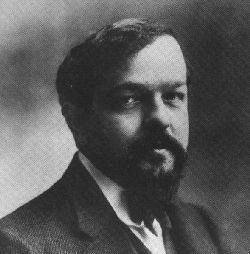Reading Friedman is fascinating–the same way that it’s fascinating to watch a zoo gorilla make mounds out of its own feces. The gorilla is a noble, intelligent animal that will demean itself in captivity. Friedman is a less noble animal of roughly the same intelligence, whose cage is the English language. [Also, apparently, the NY Times, and the practical jokers at that first cocktail party who decided he'd be a good thing there, etc - mc] It’s an amazing thing to behold (read more...)
Over vacation have been reading Taibbi's new book, Spanking the Donkey - also good and funny.
Glen Greenwald is okay too:
Someone e-mailed me several days ago to say that while it is fruitful and necessary to chronicle the dishonest historical record of pundits and political figures when it comes to Iraq, I deserve to be chastised for failing to devote enough attention to the person who, by far, was most responsible for selling the war to centrists and liberal "hawks" and thereby creating "consensus" support for Bush's war -- Tom Friedman, from his New York Times perch as "the nation's preeminent centrist foreign policy genius."
That criticism immediately struck me as valid, and so I spent the day yesterday and today reading every Tom Friedman column beginning in mid-2002 through the present regarding Iraq. That body of work is extraordinary. Friedman is truly one of the most frivolous, dishonest, and morally bankrupt public intellectuals burdening this country. Yet he is, of course, still today, one of the most universally revered figures around, despite -- amazingly enough, I think it's more accurate to say "because of" -- his advocacy of the invasion of Iraq, likely the greatest strategic foreign policy disaster in America's history.
This matters so much not simply in order to expose Friedman's intellectual and moral emptiness, though that is a goal worthy and important in its own right. Way beyond that, the specific strain of intellectual bankruptcy that drove Friedman's strident support for the invasion of Iraq continues to be what drives not only Tom Friedman today, but virtually all of our elite opinion-makers and "centrist" and "responsible" political figures currently attempting to "solve" the Iraq disaster.
Lest we forget the perfume he first spread on Clinton's "free" trade flatulence, either...but that is even older news, and not a little boring.














